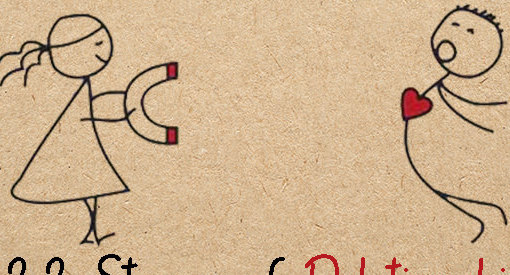Self-love depends on you to give.
Caregiving depends on you to give.
Both acts can extend and enrich a person’s life—but they aren’t the same thing.
Caregiving is compassionate and powerful—it’s also very intentional. There is a mission about it. It’s giving a care about another because their life depends on it.
Caregivers give in a way that helps another thrive. Typically a caregiver provides direct care for a child, elderly person, or the chronically ill, and helps with at least one activity of active daily living. Sometimes caregivers are simply present, listening—without hands-on care.
But when we give to another as a caregiver, it is not necessarily about self-love. Often it’s a kind of caring that is shaped by pre-defined roles or codependent behaviours, often strained—and often when we are at our maximum capacity.
Yet, the world seems to perceive caregiving as a selfless, romantic, heroic, and stoic act. An act that plays out frequently at the expense of practicing self-love, because of societal conditioning and shaming.
We stand a better chance at improved mental and physical health outcomes when we first lean into practices of self-love—leaning in like our lives depend on it. This means understanding that self-love is more than living inside things we receive like a gift card, a text message, a selfie photo, or people we care for.
Quite frankly, I have learned that if we don’t practice self-love, caregiving can be one of the most selfish things we can give another.
Maybe if we make giving a care our mission, and self-love our life practice, we can have better health outcomes. Of course, we’d have to be willing to lead a mindful life for us to really have a chance. I am learning this lesson now as I return home to heal past trauma—after placing so many people first for the majority of my life.
Because we all know that what a caregiver gives at times is everything they have. Often, it means giving a care beyond their means and having little left for themselves. This type of giving can become habitual; we become codependent on people depending on us.
Stephen Hawking, renowned theoretical physicist, beat the odds and lived a long life with Lou Gehrig’s, a debilitating disease, also known as amyotrophic lateral sclerosis (ALS). Most people die within five years of diagnosis. Receiving excellent care, combined with his incredibly active mind and positive outlook, could have contributed to extending and enriching his life. He lived to the age of 76 before passing in 2018.
I’m not sure what happened at Hawking’s home over the decades, but I’m certain caregiver fatigue was a real thing there too. No one is immune to it. And let’s face it, caring for a loved one, especially a family member, can be triggering. And if we haven’t begun the work of healing ourselves, we may feel overwhelmed and become completely unwrapped.
So how can we balance being there for another while also being there for ourselves—without triggering guilt and shame?
We can show up in a way that still continues to heal our own scars—instead of casting them aside.
Scars left unhealed continue to hurt everyone.
We need healthy boundaries, and we need to recognize and do the work. We must apply self-care before we fully apply ourselves to others, or at least be working on it in tandem. Because being there for ourselves heals deeply; it gives us a compass without mixed signals.
So, if you’re like me and find self-love and caring for another a delicate and tricky balance to achieve, you may want to breathe deeply into these practices.
Live a mindful life.
A mindful life inspires waking up, paying attention, and being kind. It begins with practicing making friends with ourselves as the foundation. It also means slowing down.
When we push too hard at times, or all the time, we can upset this balance—including our mindset and sense of what is truly important. Becoming off balance can also lead to addictive behaviours, like over-seeking what we believe we need in order to feel happy or valued.
Find stillness.
Find a quiet place for good posture and deep, releasing breaths. Close your eyes and empty your mind of worry. Meditate. Sleep and wake up fully. Remind yourself that negative thoughts will pass—no need to deny their existence, and no need to suffer with them as well. I find presence helps with acknowledging what is real and what isn’t; we can breathe and relax with open eyes and let go of all resistance.
Learn about being “codependent no more.”
And “how to stop controlling others and caring for yourself.” This is a well-known book by Melody Beattie. I am reading it right now. The author inspires us, in any given situation, to detach and ask, “What do I need to do to take care of myself?”
She explains, “For each of us, there comes a time to let go. You will know when that time has come. When you have done all that you can do, it is time to detach. Deal with your feelings. Face your fears about losing control. Gain control of yourself and your responsibilities. Free others to be who they are. In so doing, you will set yourself free.”
Caregiving works well when we first give to ourselves in the form of self-love. It’s about making this choice the one thing we can depend on. Because loving ourselves is the best gift for the world to receive. Once we begin the intentional act of loving every inch of who we are, every day, it becomes the kind of gift that keeps giving.
But we must truly start.
We must put ourselves first. In doing so, we are also healing the world. When we make the gift of self-love intentional, space opens up for awesome healing across the skies.
This is giving a care without boundaries. It’s freedom.


 Share on bsky
Share on bsky





Read 6 comments and reply